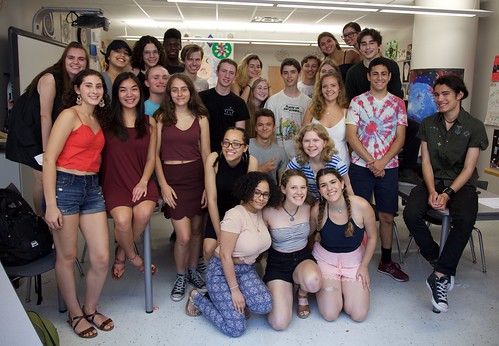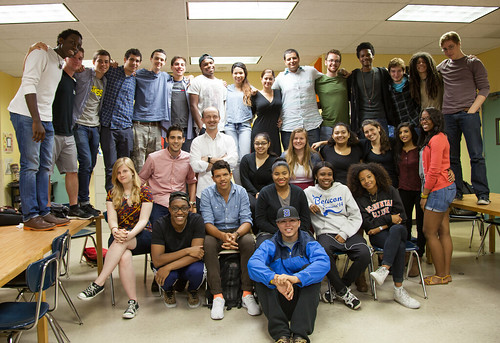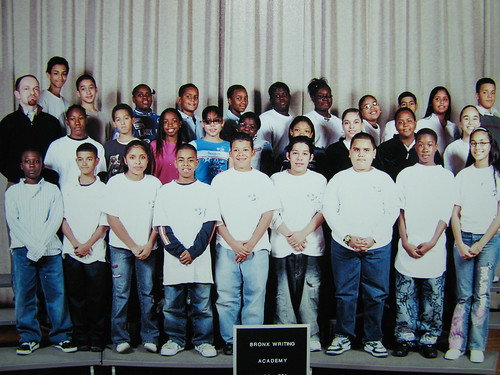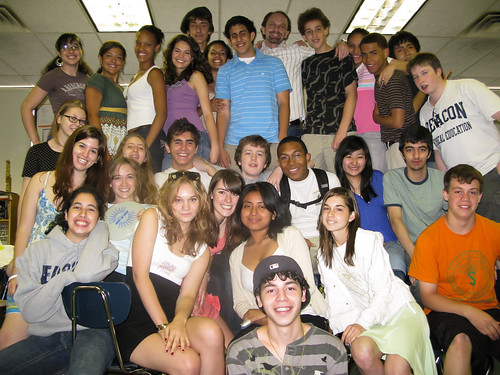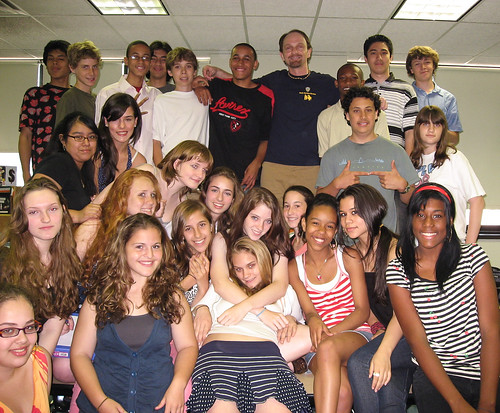- (Due Jan. 26th) Satire/Parody Term Final
The following must be submitted by 3 pm on Jan. 26th:
- Final project (flash drive, cd, or email)
- Script (Including names of all group members in the heading. Use proper heading)
- Self-evaluation—In what way(s) did you contribute to this project? Be detailed. Be honest. Are you satisfied with your effort? You are ONLY to evaluate yourself (not your peers).
The following will be considered when assessing the satire/parody project:
- Project’s visual impact/Cinematic Effect. Many of you are making films! Be thoughtful/creative in how you compose each shot (i.e. camera angles, shot variety, etc.). Creative use of costume, props, etc. Pay close attention to lighting (i.e. poor lighting, backlighting, etc).
- The project should demonstrate control of satire and/or parody. Additionally, all projects are expected to employ irony as one of the primary figurative elements to carry the project’s purpose/message. Be thoughtfully/creatively/subtly ironic!
- Project is thoughtful. Beyond the visual element, the written element should also reflect great thought on subject and form. Clear, interesting conflict. Effective use of dialogue. Clear purpose to each scene.
- Project is thoughtfully/effectively edited. Smooth flow/transitions. Effective pacing. Attention to continuity.
- Project reflects exceptional effort. This one is very important as I (and my fellow assessors) expect to see a project that “took time and effort” to complete.
- (Due 1/31) Slaughterhouse Five—Complete the novel! Be prepared to discuss:
- Edgar Derby’s characterization
- Howard Campbell’s monograph
- Dominant theme(s) by the novel’s end
- (Due 2/2) 2-3 TYPED Pages of Essay Prep–You know that you have to decide between 1984 and SH5 for your next essay. This will be a 4 page literary analysis.
Everyone must do the following thesis prep! Thesis/Essay Pre-writing (As always, I expect to see a great deal of thought put into this first formal stage of the process. In preparation for your essay, you must fill in the blank here:
In my SH5 essay I will explore Vonnegut’s treatment of ___________.
Fill in the blank with an element(s) that you would like to explore. Many of you will choose to explore his treatment of a specific theme, and that is fine, but know that you are not limited to theme here. Then, develop the idea.
Example:
In my SH5 essay I will explore Vonnegut’s treatment of the psychology of war.
Ultimately, my argument/so what will be born out of my close study of HOW V develops this idea (psychology of war) and WHY. Elements/Devices relevant to this treatment:
- The Money Tree
- Campbell’s monograph
- Tralfamadorians as an allegory for religion (this one can be broken down quite a bit)
- Billy as an antihero
Then, type out at least SIX pieces of evidence critical to illustrating/illuminating your discussion/argument. After analyzing each piece of evidence, answer the following question: Why did you choose this evidence? This is the first step of the process! The more thought and effort you put into this, the easier the entire process will be.


